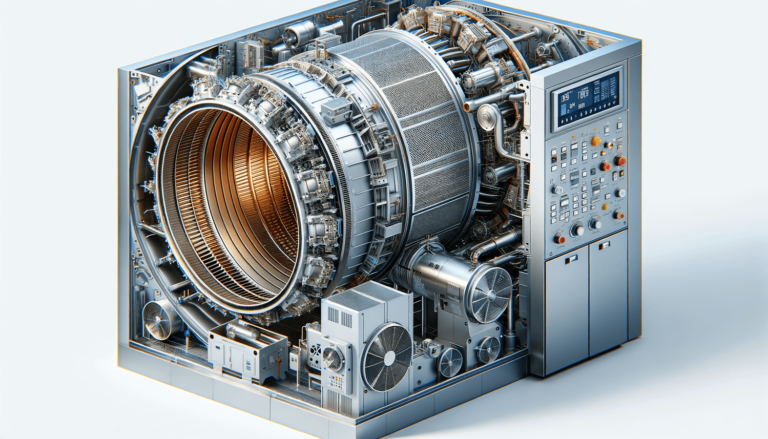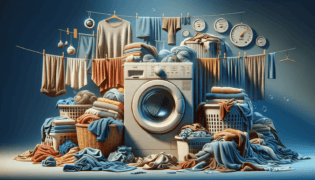

Written by: Settings King
Last updated:

Choose energy-saving dryer settings such as ECO mode to minimize energy consumption, helping the environment and reducing electricity costs.
Adjust the drying time to prevent over-drying and save energy. Modern condenser dryers offer a range of automatic and manual timed settings for optimal drying.
Utilize sensor drying programs to achieve better results. These settings automatically stop the drying cycle when the desired moisture level is reached, protecting clothes and saving energy. Settings King highly recommends this dryer setting for its precision and efficiency.
Choose energy-saving dryer settings such as ECO mode to minimize energy consumption, helping the environment and reducing electricity costs.
Adjust the drying time to prevent over-drying and save energy. Modern condenser dryers offer a range of automatic and manual timed settings for optimal drying.
Utilize sensor drying programs to achieve better results. These settings automatically stop the drying cycle when the desired moisture level is reached, protecting clothes and saving energy. Settings King highly recommends this dryer setting for its precision and efficiency.
Condenser dryers offer numerous advantages and features that make them an excellent choice for those seeking both convenience and efficiency. These benefits include:
Regularly clean the lint filter to ensure better airflow and maintain the efficiency of your dryer. Settings King suggests cleaning the filter after each drying cycle.
Remove and empty the built-in water container after every cycle to prevent excess water buildup. This helps prevent mold and bacterial growth and keeps your dryer working at its best.
Periodically inspect the
Below are some common questions that arise after reading about condenser dryers. Settings King has compiled concise NLP style answers to address your concerns.
A vented dryer expels moist air outside through a vent, while a condenser dryer collects the moisture and converts it into water, which is stored in a container for disposal, eliminating the need for external vents or hoses.
Condenser dryers can be more energy-efficient, especially when combined with heat pump technology. However, their energy consumption may vary depending on the specific model and energy-saving features.
Yes, condenser dryers are an excellent choice for small spaces or apartments, as they do not require external ventilation and can be installed in various locations with ease.
Most condenser dryers have an indicator light or notification on the control panel to alert you when the water container needs emptying. Be sure to check the manufacturer’s guidelines for specific instructions.
Like any dryer, improper usage may cause shrinkage. To avoid this, use appropriate dryer settings for each fabric type and follow the care instructions on your clothing labels.